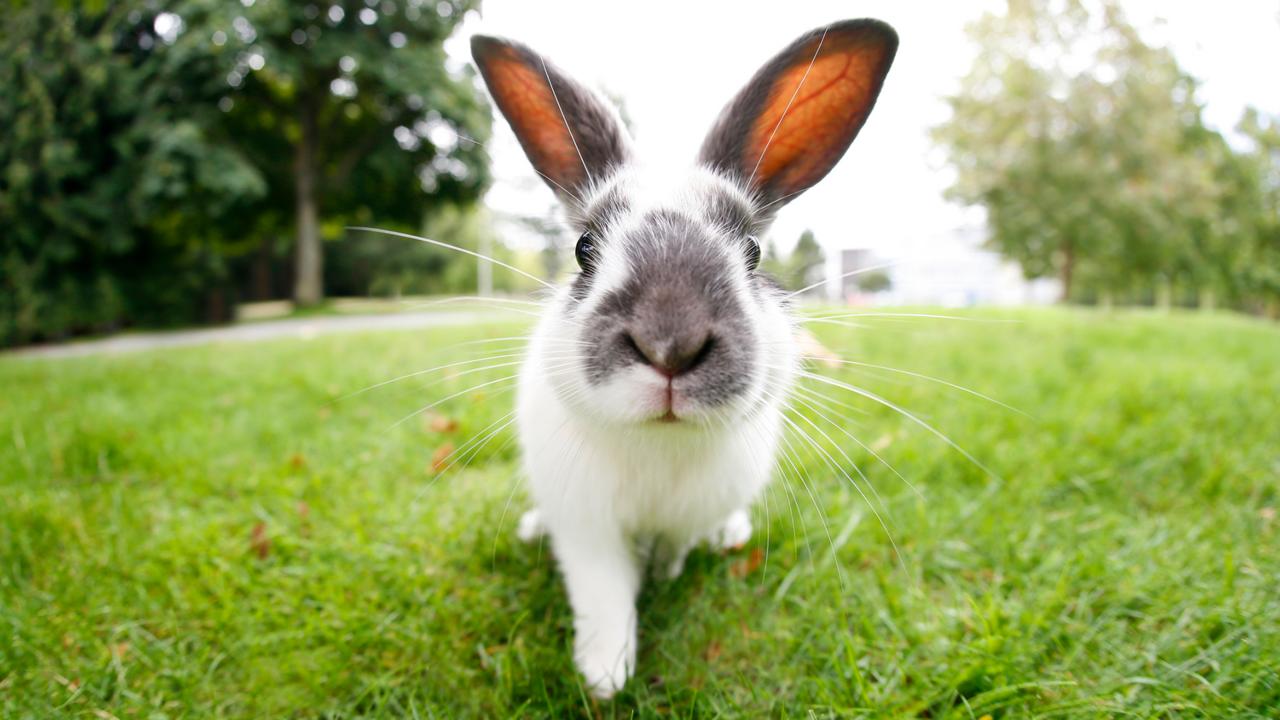
UNITED KINGDOM, February 3, 2020 (BBC Future, by Zaria Gorvett): As the popularity of vegan life continues to gather pace, a tide of vitriol has risen. To eat meat, or not to eat meat: the question has become a battleground, with passionate carnivores and vegan activists deploying some deliciously headline-grabbing tactics. Though it’s natural for people to disagree, the passionate rage — and even mild irritation — that veganism stirs up seems to defy rational sense. Research has shown that only drug addicts face the same degree of stigma — and the least popular vegans of all are those who cite animal cruelty as their reason. Given that most of us would probably like to see less suffering in the world, why is there such resentment towards those who do something about it?
Some psychologists take the view — that far from being driven by factors within our conscious awareness, the widespread resentment we have for vegans is down to deep-seated psychological biases. Hank Rothgerber, a social psychologist at Bellarmine University, Kentucky, thinks it all comes down to answering the question: how do we continue to eat meat? “So basically we live in an era today, at least in the Western world, where there’s more and more evidence, more and more arguments, and more and more books about how eating meat is bad,” says Rothgerber. “But still, our behavior hasn’t changed significantly.” He points out that 2018 looks set to be the year with the highest per capita meat consumption in the history of the United States. “So what I’m looking at is, how do people rationalize that, and still feel like they’re a good person?”
Much more of this interesting article at “source”.
